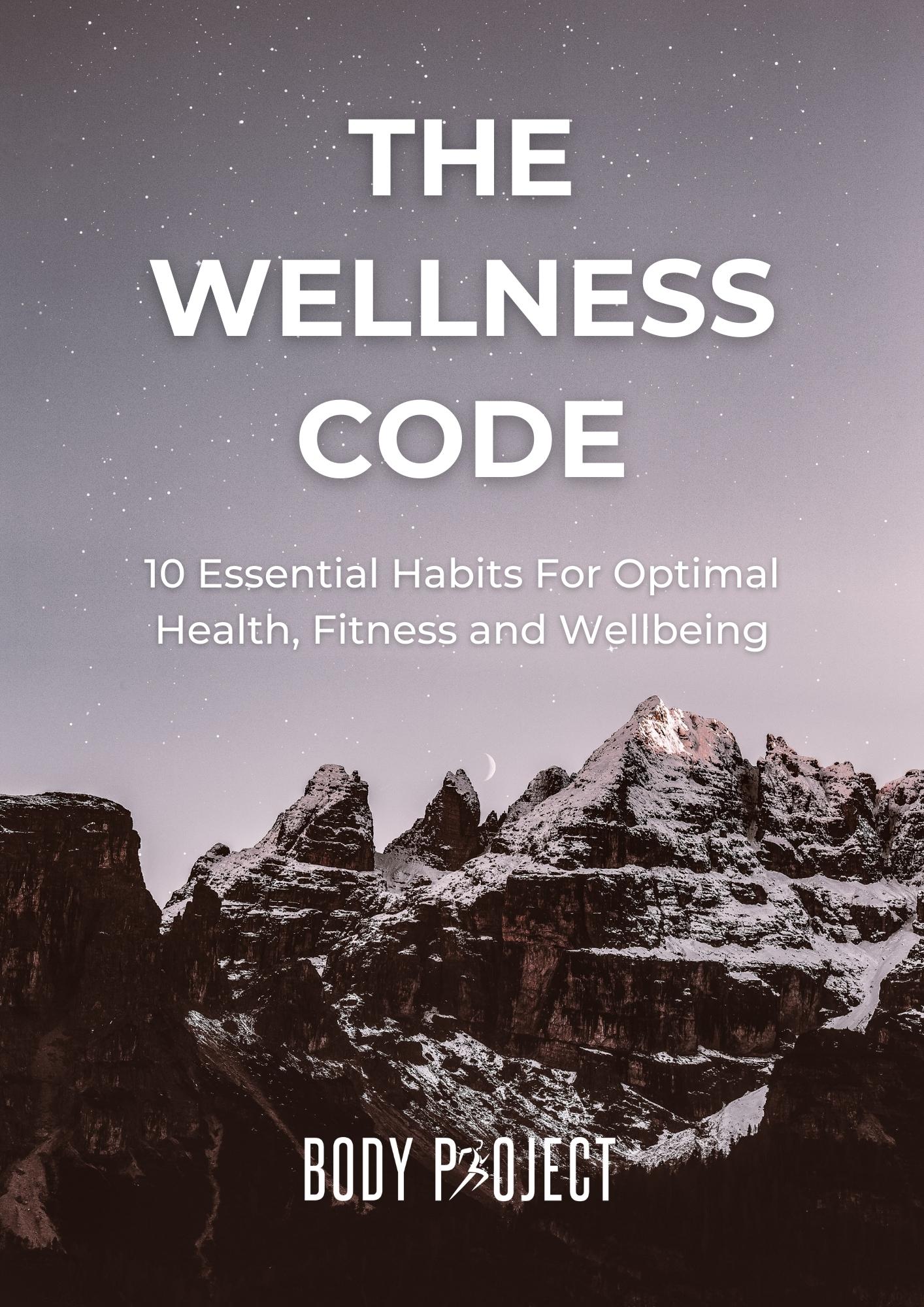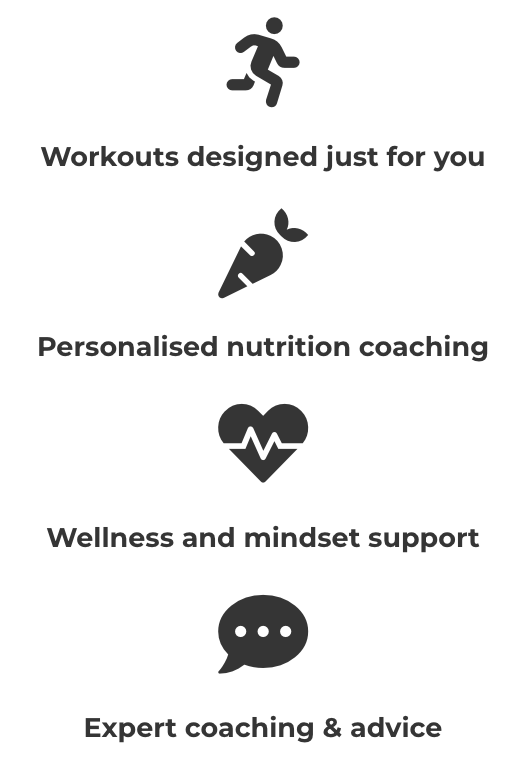Healthy Winter Meals for Professionals: Nourish Your Body & Mind
The winter season poses unique challenges for health-conscious professionals. With shorter days, reduced sunlight, and colder temperatures, our mood and energy levels can often take a hit. One of the best ways to counteract these effects and stay on top of your game is by focusing on optimal winter nutrition. A balanced diet not only keeps our body healthy but also impacts our mood, productivity and overall well-being. With strategic nutrition choices, winter can be a season of thriving, not just surviving.
Why Winter Nutrition Matters For Professionals
When sunlight becomes scarce and temperatures plummet, our bodies naturally crave comfort foods. These foods might provide immediate satisfaction, but they may not always be the most nutritious choices.
Your dietary choices significantly influence how you feel, think, and perform, especially during winter. As busy professionals, our focus should be on foods that fuel both our body and mind, ensuring sustained energy and a positive mood throughout the day. Here are some dietary choices to prioritise:

Complex Carbohydrates
Foods like quinoa, brown rice, and oats stabilise blood sugar levels. This leads to sustained energy throughout the day. Moreover, they boost serotonin – the neurotransmitter associated with feelings of well-being.
Omega-3 Fatty Acids
Present in oily fish, walnuts, and flaxseeds, Omega-3s are essential for brain health, potentially alleviating symptoms of winter-induced depression.
Leafy Greens
Rich in B vitamins, foods like spinach, kale, and Swiss chard help with energy production and mood regulation.
Fermented Foods
A balanced gut microbiome, supported by foods like sauerkraut, kimchi, and kefir, can improve mood due to the gut-brain connection.
Vitamin D
With limited winter sunlight in the UK, it's crucial to consume foods rich in vitamin D such as fatty fish, cheese, and egg yolks.
In addition to the foods mentioned above, consider taking a vitamin D supplement during the winter months, especially since the UK has limited sunlight. The NHS recommends a daily supplement containing 10 micrograms (400 IU) of vitamin D throughout the year if you aren't often outdoors, or if you always cover your skin when outside. Always consult with a healthcare provider before starting any supplement.
Healthy Winter Meals For Social Nourishment
Food provides more than just physical sustenance; it's a platform for social nourishment and human connection. Beyond its nutritional value, food has the innate power to bring people together, fostering camaraderie, shared experiences, and cultural exchange.
In the cold, isolating months of winter, leveraging the social aspect of food becomes essential. By partaking in the below activities, we can not only nourish our bodies but also feed our souls, holistically enhancing our well-being.
Cooking Together
Invite friends or family over for a cooking night. Preparing and sharing a meal can be a fun way to bond.
Potlucks
Organise or attend potluck dinners. This allows everyone to try different dishes and can be a way to learn about new healthy recipes.
Cooking Classes
This can be a way to learn new skills, meet people, and introduce variety into your diet.
Support Local Business
Visit local farmers' markets or winter fairs. It's a chance to buy fresh, seasonal produce and support local farmers, and it can also be a social outing.

Practical Nutrition Tips For Professionals
For many health-conscious professionals, winter presents a dual challenge: managing a demanding work schedule while maintaining optimal wellbeing and energy. Navigating the cold months with short daylight hours requires a proactive approach to nutrition. By prioritising wholesome dietary choices, professionals can ensure they're not just fuelled to perform tasks but also resilient to the seasonal slump that winter can bring. These practical nutrition tips seamlessly integrate into your daily routine, ensuring consistent energy, focus, and resilience even as the temperatures drop.
Regular Meals
Eat regularly and stick to a routine where possible to maintain steady blood sugar levels. This can help prevent energy dips during the day.
Breakfast
Start with a quick and easy, nutrient-rich breakfast like oatmeal with berries and nuts, or a smoothie with greens, fruits, and protein.
Prepared Snacks
Keep healthy snacks on hand, such as nuts, seeds, and fruit, to avoid the temptations of sugary and processed foods, which can dampen energy levels. This strategy ensures you always have nutritious options, even on your busiest days.
Meal Prep
Dedicate a day or a few hours each week to preparing meals. This ensures you always have healthy options available, even on busy days. If you're very busy, consider outsourcing meal preparation to optimise on taste and health without investing time or effort.
Hydration
Even though you might feel less thirsty in winter, hydration is vital. Herbal teas can be a warming way to stay hydrated.
Quick & Easy Healthy Winter Recipes
Warming Spinach and Grilled Salmon Salad
Ingredients:
- 200g fresh salmon fillet
- 2 cups baby spinach
- 1 cup cooked quinoa
- 1/2 avocado, sliced
- Cherry tomatoes, halved
- Olive oil, lemon juice, salt, and pepper for dressing
Instructions:
- Grill the salmon fillet to your liking.
- Lightly sauté spinach until it begins to wilt.
- In a bowl, mix quinoa, spinach, avocado slices, and cherry tomatoes.
- Drizzle with a dressing made of olive oil, lemon juice, salt, and pepper.
- Top with grilled salmon and serve warm.
Creamy Lentil and Kale Soup
Ingredients:
- 1 cup dried lentils, rinsed
- 2 cups kale, chopped
- 1 onion, chopped
- 2 carrots, diced
- 2 garlic cloves, minced
- 1-liter vegetable broth
- Olive oil, salt, pepper, and herbs for seasoning
Instructions:
- Heat olive oil in a pot and sauté onions and garlic.
- Add carrots and cook until softened.
- Add lentils and broth, bringing to a boil. Reduce heat to simmer.
- Once lentils are cooked, add kale and seasonings. Cook until kale is tender.
Optimise Your Winter Nutrition, Even With A Busy Schedule
Food isn’t just fuel; it’s a means to connect, uplift mood, and bolster performance. For the busy professional, winter nutrition is not just about staying fit; it's about thriving both mentally and physically. Prioritising nutrition during winter is a game-changer for those aiming for peak performance.
If you're serious about optimising your winter health and productivity, our personalised nutrition coaching service is tailor-made for you. We provide actionable insights and guidance to help you navigate winter with vitality and zest.
Ready to transform your winter nutrition strategy? Discover our tailored nutrition coaching services for professionals.
Search Posts
Free Download
Popular Posts
Discover Online PT
Read More Helpful Articles
Subscribe For New Post Updates
Receive new posts, special offers, discounts, plus exclusive content that we only send out via email.
Don't miss out!







